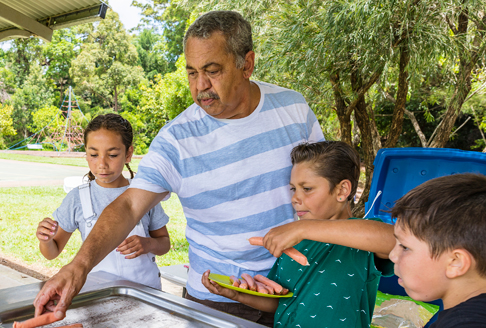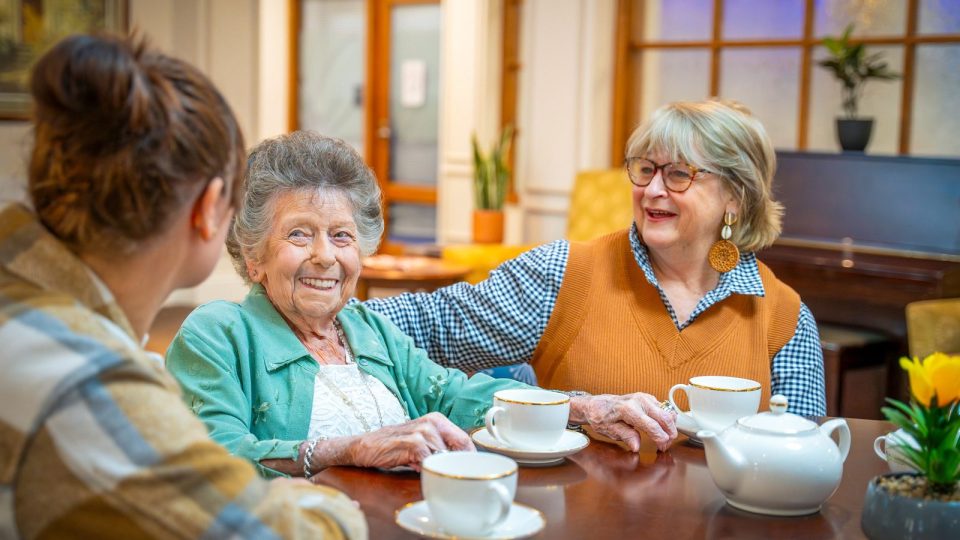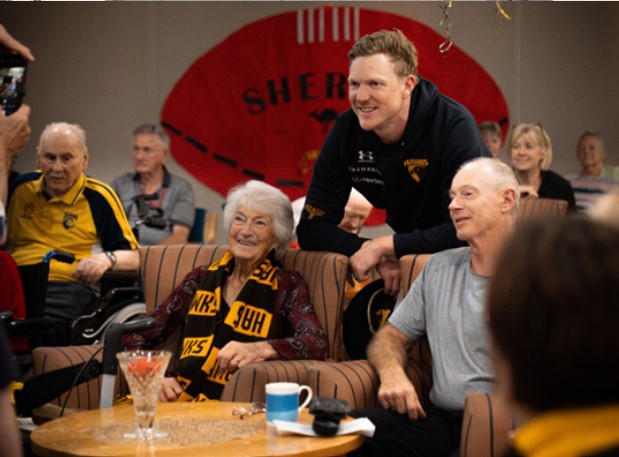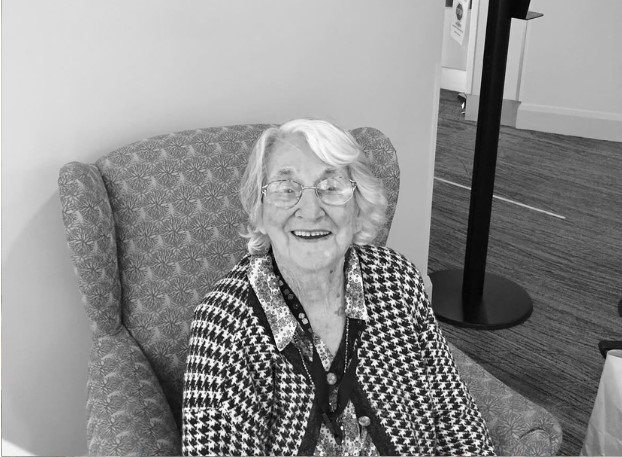Baptcare introduces Caring Dads program October 2020
- 06 Oct 2020

6 October 2020
In a first for Tasmania, Baptcare is introducing Caring Dads™; an evidence-based behaviour-change program that helps fathers improve their relationship with their children when there has been a history of violence.
Part of grant funding by the Department of Communities Tasmania to support responses to family and sexual violence as a result of COVID-19, Baptcare will be running Caring Dads™ alongside the existing evidence-based program Mothers in Mind®.
Family and Community Services Tasmania Operations Manager, Chris Demeyer, says that both programs, which were developed in Canada and are internationally evidence-based, have great track records in improving relationships between parents and their children.
Mr Demeyer reports “In Tasmania, there has been a need for a program for fathers; to develop skills to build better relationships with their children, particularly where family violence has been a factor. We’ve wanted to do this for some time, and this funding from the Department of Communities Tasmania has enabled us to bring in Caring Dads™ to sit alongside Mothers In Mind®; a mother and child group designed specifically to meet the parenting needs of mothers who have experienced trauma, such as family violence, childhood abuse or sexual assault, and have children under the age of four.”
Mr Demeyer said that having both programs available will mean that Baptcare will now be able to work not only with mothers and children who have experienced family violence, but also the men who have used violence in their relationships.
Caring Dads™ uses group work to engage with men who have used violence, or are at high risk of doing so, supporting them to stop controlling, abusive and neglectful behaviour. By connecting with other men, participants learn how to cope with frustrating situations in healthy ways and to strengthen and repair relationships with their children.
Caring Dads™ is aimed at fathers, stepfathers, grandfathers and those who play a fathering role and who:
- Worry about how angry they get with their children
- Criticise or blame the mother of their children in the presence of their children
- Feel like their children intentionally annoy them
- Use violence in the home toward their partner, or other adults and/or children
- Complain to their children about how their mother is spending child support
- Are working with a professional who thinks this program might help them
Since its development in Canada in 2001, Caring Dads™ has seen numerous benefits to including fathers in enhancing the safety and wellbeing of their children; including:
- Improving father-child relationships
- Offering an additional route to ending violence against women
- Modelling accountability
- Addressing fathers’ potential use of abuse in other relationships and with other children
- Providing an opportunity to monitor and contain risk from fathers during follow-up from the child safety and justice systems
Commencing in November 2020, Caring Dads™ groups will be run by trained facilitators across the state. It is anticipated each group will have 8-12 men participating.
For referrals and more information about Caring Dads™ and Mothers in Mind® please contact:
- Strong Families, Safe Kids Advice and Referral Line (1800 000 123)
- Baptcare Northern Region, Ground Floor, 288 Invermay Road, Mowbray (6323 6700)
- Baptcare Southern Region, 4/95 Albert Road, Moonah (6283 5700).
Media inquiries
Baptcare Communications 0400 503 713 or communications@baptcare.org.au
Community news
-

How to talk to a loved one about moving into aged care
One of the most challenging conversations we may have with our loved one is about whether it’s time to consider moving into residential aged care. Whether it’s a parent, grandparent, or partner, the topic can stir feelings of resistance and guilt. But when approached with empathy, patience and deep respect for the individual’s wishes, this conversation can become a meaningful step toward greater safety, comfort and connection.
- 18 Feb 2026
-

Hawthorn stars bring footy fun to Abbey Gardens
There was no mistaking the colours at Abbey Gardens Residential Aged Care Community in Warragul this week – brown and gold as far as the eye could see. Residents and staff donned their finest Hawthorn Football Club gear as players and support staff arrived for a visit, chatting with residents, signing autographs and bringing plenty of footy fun.
- 18 Feb 2026
-

Dressmaker, traveller, Bulldogs fan and volunteer – Thelma turns 100!
Thelma Powell, beloved resident and former volunteer at Westhaven, turned 100 on 9th February 2026 with balloons, party hats, and cake! Surrounded by her family, care team, the local MP, and Mayor, as well as a representative from her beloved footy team, the Bulldogs, it was a day to remember.
- 13 Feb 2026
